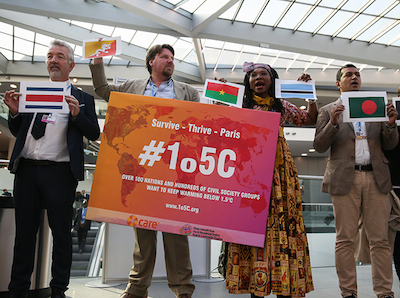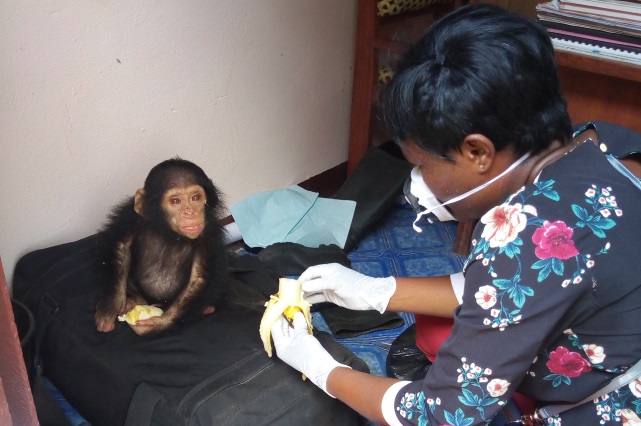
By Kofi Adu Domfeh
In a bid to help reduce the use of refrigerants, Ghana’s Environmental Protection Agency (EPA) is establishing Refrigeration Centres of Excellence in parts of the country.
Two centres are already up and running in Kumasi and Takoradi to serve the northern and southern sectors respectively. A third national centre will be commissioned in the capital city, Accra.
Refrigerants are substances used in a cooling mechanism, such as an air conditioner or refrigerator, as the heat carrier which changes from gas to liquid and the back to gas in the refrigeration cycle.
The chemical is known to contribute to the greenhouse gas effect, which adversely affect the ozone layer, global climate and human health.
“The EPA has a responsibility to ensure the reduction in the use of refrigerants in order to avert ozone depletion and global warming,” said the Executive Director of EPA, Peter Abum Sarkodie.
“By so doing, we will be helping to achieve the Sustainable Development Goal 7 and 13 on affordable and clean energy, and climate change action, respectively.
He added that the initiative will also enable the Agency “meet the obligations of the Montreal Protocol and its amendments; reduce energy demands, and help citizens to avoid premature demobilization of their equipment”.
The refrigerant dynamics
Chlorofluorocarbons (CFCs), hydrochlorofluorocarbons (HCFCs) and hydrofluorocarbons (HFCs) are synthetic substances used as refrigerants.
Following the discovery that some of these chemical compounds may be harmful to the environment, they are being replaced with more environmentally-friendly alternatives.
Production of new stocks of Chlorofluorocarbons (CFCs) ceased in 1994. The slightly less ozone damaging Hydrochlorofluorocarbons (HCFCs) will phase out completely by 2020.
With no chlorine in the mix, Hydrofluorocarbons (HFCs) is safer for the environment. Air conditioners that run on these are more efficient, offer better air quality, increase comfort and improve reliability.
Ghana ready for alternative refrigerants
Ghana’s EPA says the country is ready and equipped to adopt alternative refrigerants, which include hydrocarbons and ammonia.
The refrigeration centres of excellence, situated in three technical educational institutes, will impart the code of good refrigeration practices to both students and practitioners in the formal and informal sectors.
The goal is to ensure the men and women who will install, service, repair and dismantle refrigerators and air-conditioning equipment are at the heart of the phase-out of HCFCs, and the introduction of energy-efficient and low global warming potential initiatives.
“They need to be trained to cope with the specific properties of alternative refrigerants such as flammability, toxicity and high working pressures. They also need to understand the pros and cons of the different refrigerants and equipment that use them,” said Mr. Abum Sarkodie.
The EPA is also pursuing a certification regime for technicians to ensure standards are upheld to make life more comfortable.












